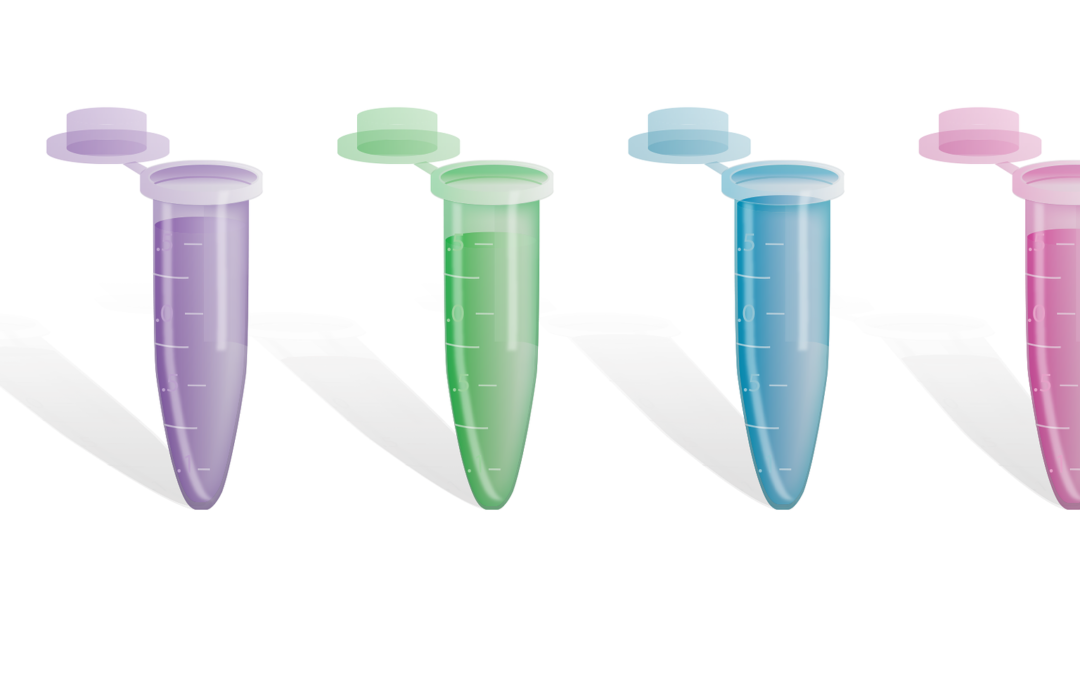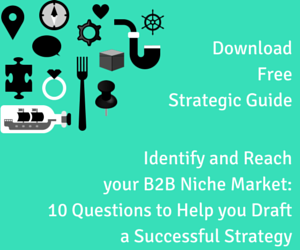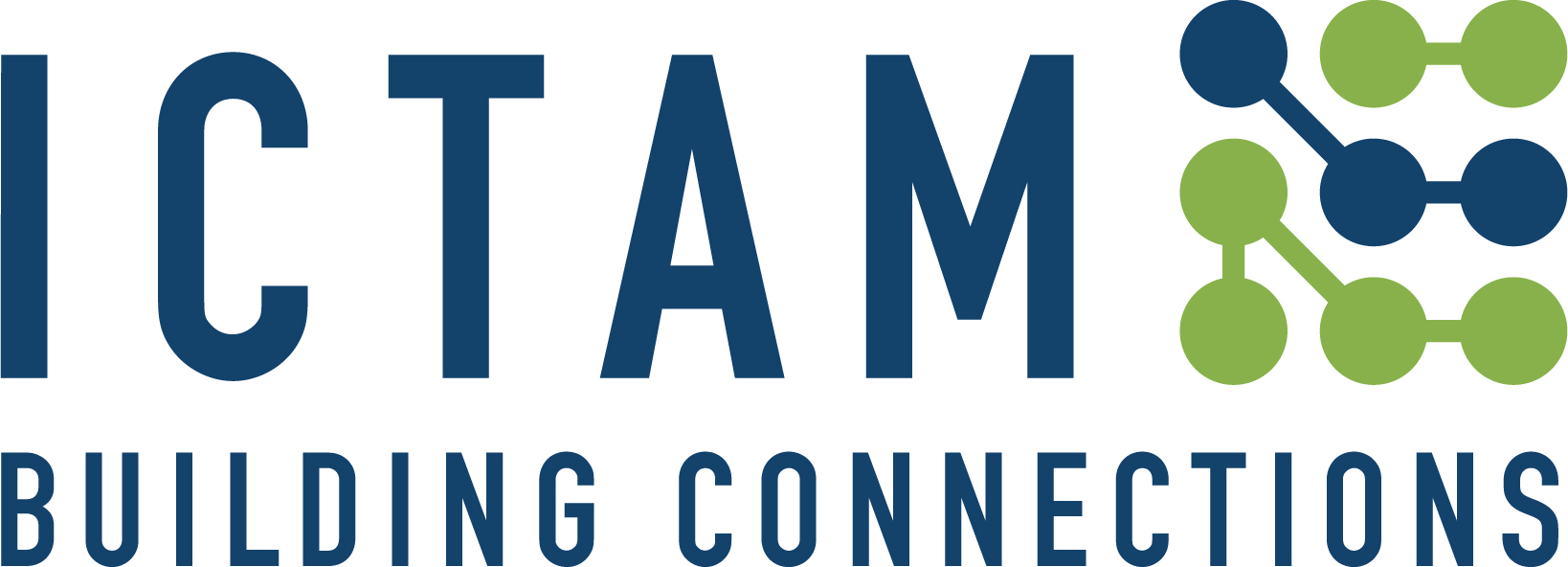We are experiencing an era of disruption and innovation. Companies can no longer ignore this fact: it’s here. It’s crucial that you get your company to embrace this process, otherwise there is no other way to win.
Our digital business world is moving very quickly. The process of experimentation and strategy is having an impact on each and every area, not only R&D, resulting in the transformation of the organizations’ services and products.
In this context, I recently attended a presentation where the speaker brought up an interesting concept to the audience. It stated that companies cannot anymore rely on a single long-term strategy. The intricacies of the digital business world make it evident that companies need to constantly run short experiments, (or pilots), to validate or reject their hypothesis. How does this concept relate to the B2B lead generation needs that technical companies have?
Those who have been following my previous articles know that I am a big fan of experimentation. I believe that the potential of any B2B lead generation improvement depends on the strength of testing.
Writing specialized articles, attending a conference, running an ad are just some examples of experiments. However, in way many cases, these are ad-hoc experiments rather than parts of an overall, strategic plan.
But what executive is willing to accept that there was no real strategy behind the tactics? The harsh truth is that running occasional ad-hoc experiments tend to be a waste of time and resources.
The Digital Revolution has Scrambled the B2B Playing Field
I often hear technical companies that state: “We tried trade shows and it didn’t work” or “we invested in a new website and that didn’t result in any new leads” or “we sent a mailing last year and we had no responses”.
These specific tactics are considered experiments that prove that marketing doesn’t work for them.
The beauty of today’s digital business world is that each initiative we run provides us with data. Our ability to read this data allows organizations to quickly adjust their next move, optimizing the actions to achieve the expected results.
Businesses today live in constant disruption. Technologies evolve at an incredible speed and the competitor’s map is constantly changing. Known companies innovate and change, new players show up, and the market develops increased expectations.
Today’s B2B lead generation campaigns help companies evaluate their ideas and plans. The ability to define a hypothesis, run short-term tests and analyze the data, the results, to optimize the next action are there to help organizations embrace digital in order to win new opportunities.
To really grasp the value of an experiment, you need to analyze the difference between its expected outcome and the actual result. Look at it this way: If you thought something was going to happen and it did, then it’s not much of learning curve. However, if it didn’t happen, it portrays an important learning curve. On the other hand, if you had expected something minor to happen, and the result exceeded your expectations, you’ve learned something highly valuable.
Digital Means Disruption, and Disruption Requires Readiness
According to a recent global survey by Harvard Business Review Analytic Services, companies around the world must anticipate the need for massive reforms over the next five years. The important question is, can organizations adapt fast enough? The survey also stated that almost every one of the business leaders who participated in it, expressed that they anticipate this pressure to transform will only intensify and accelerate over the upcoming period.
Three-quarters of the executives involved, from prime organizations in manufacturing, healthcare, financial services, technology, retail etc. expressed their belief that their organizations would require substantive changes to reach the requisite level of digital ability.
Today, a 12-month B2B lead generation plan is considered a must-have starting point. But we are aware that our context constantly changes, so we know that our plan will become a guideline, and we’ll have to adjust.
At NicheMktg, our B2B lead generation campaigns are based on six-month projects. We follow a compact workframe, and we treat each project as an individual pilot that starts with a hypothesis to test. As we fully embrace the era of digital transformation, our campaigns are run as hypothesis that we launch, measure, control, and adjust as we go. We measure the results of each test, tweaking to optimize results.
Framed Experimentation
It’s evident that companies must embrace digitization to win. Many technical companies are familiar with automatization and digitalization as a part of their operations. Companies are also familiar with the concept of testing and optimizing when it comes to R&D.
How about testing and experimentation as part of marketing and sales? Leading companies have already embraced framed experimentation as part of their B2B lead generation strategies. But many organizations are still stuck on isolated experiments that deliver no meaningful information.
The essence of experimentation is to optimize the strategy by learning what is wrong to do, as much as what is successful.
So now I leave you with a question: Is your business ready to disrupt, or be disrupted instead, in today’s digital business world?
Think others should know about this? Give it a like, share and subscribe. Or connect with Dafne Orbach on LinkedIn.
Identify and Reach your B2B Niche Market
When industrial manufacturing/technology/scientific companies focus on appropriate, targeted niche markets, they discover many advantages. Download our strategic guide that outlines 10 key questions to ask yourself, to help you draft your own successful strategy.






